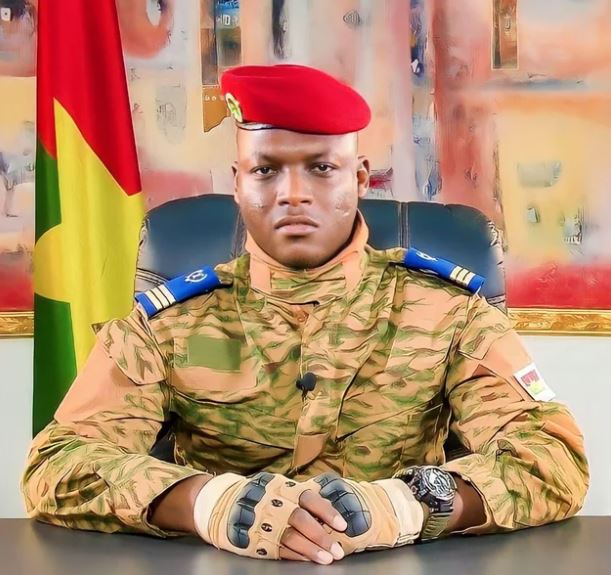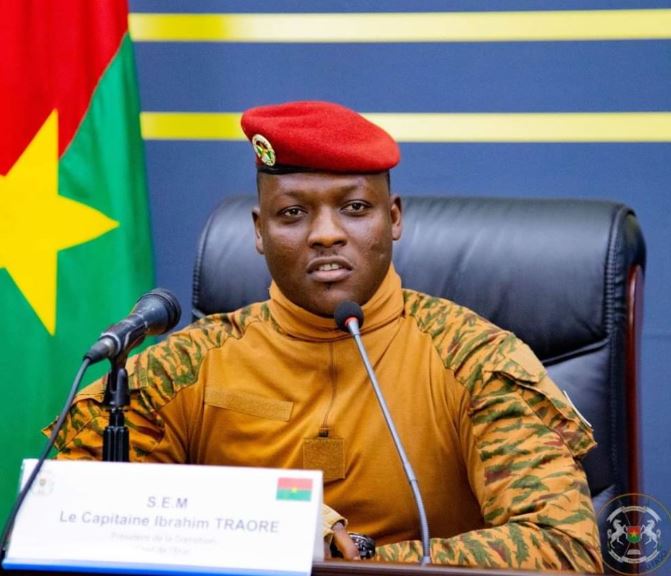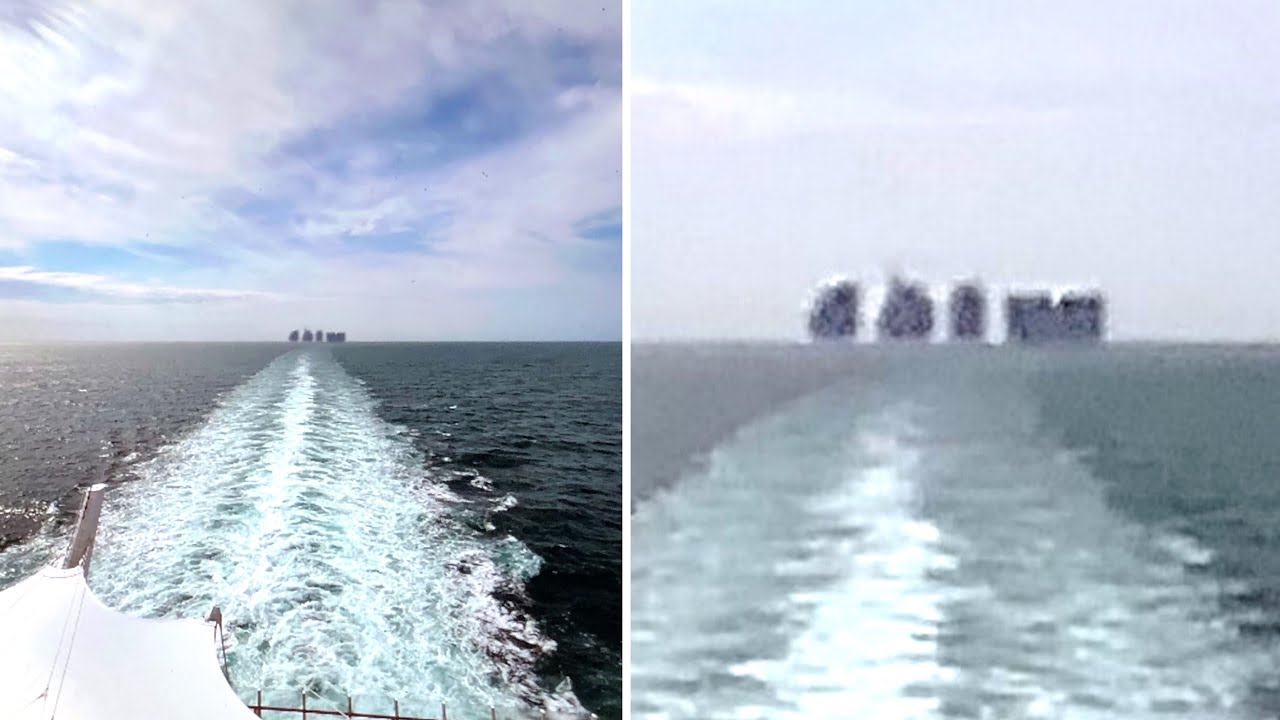**Burkina Faso’s Gold Rush: Traore’s Bold Reclamation of Abandoned Mines Shocks the World**

In a stunning turn of events, Burkina Faso is reshaping its narrative from a beleaguered nation to a burgeoning gold powerhouse, breathing life into dead mines and defying expectations in the global gold market. As the government, led by Captain Ibrahim Traore, embarks on an ambitious strategy to reclaim its mineral wealth, the world watches with bated breath. With a projected 4% increase in gold production for 2025, Burkina Faso is poised to redefine its economic destiny amidst the chaos that has plagued the region.
Years of conflict and corporate exits left Burkina Faso’s gold industry in tatters, but what was once deemed a graveyard of potential is now a site of revival. The reactivation of the Yuga and Kiaka mines marks not just a technical restart—it’s a symbolic resurgence that sends a clear message: gold is not merely for those who flee at the first sign of trouble; it belongs to those who persevere against the odds. As mining trucks rumble back to life and drills echo through the air, the narrative transforms from victimhood to resilience.

This revival is not a mere stroke of luck; it is underpinned by a calculated shift in policy. Traore’s administration is rewriting the mining code, establishing a framework that demands accountability and equity from foreign investors. No longer will Burkina Faso stand by as its riches are siphoned off; under the new regulations, the Burkinabe state is positioned as a key stakeholder, ensuring that a greater share of profits is funneled back into the nation. This bold maneuver not only repositions Burkina Faso on the African gold map but also asserts its sovereignty in a sector long dominated by foreign interests.
The upheaval in Burkina Faso’s mining sector has not gone unnoticed globally. With Western firms retreating amidst rising security concerns, the door has swung open for new partnerships. Enter Russia, a nation eager to fill the void left by Western companies. The recent licensing agreement with Nord Gold, projected to yield over 20 metric tons of gold, marks a significant milestone. This partnership is not just a transaction; it signifies a strategic alignment that shields Burkina Faso from the vulnerabilities of past dependencies.

As the gold starts to flow, it holds the potential to transform not just the economy but the very fabric of Burkinabe society. Traore’s government is channeling mining profits into infrastructure, national security, and sovereign wealth, flipping the script on traditional resource extraction. This isn’t merely about digging for gold; it’s about harnessing it as a tool of economic warfare, leveraging it for resilience and empowerment.
However, this transformation is not without its critics. Skeptics warn of the risks associated with concentrating economic fortunes on a volatile commodity and the potential pitfalls of state-led development. Yet, for many Burkinabe, the narrative is simple: gold is flowing back into the country, and with it, a newfound sense of hope and agency.
As Burkina Faso stands on the brink of a golden renaissance, the implications ripple beyond its borders. It serves as a case study in resource reclamation, challenging the status quo of how nations interact with their natural wealth. With Traore’s vision leading the charge, Burkina Faso is not just a producer of gold; it is a testament to the power of resilience and the fight for economic dignity.
Will this bold new direction inspire other nations to reclaim their resources and rewrite their destinies? As Burkina Faso writes its own story, the world watches closely—because in the realm of geopolitics, the stakes have never been higher, and the gold rush is just beginning.


